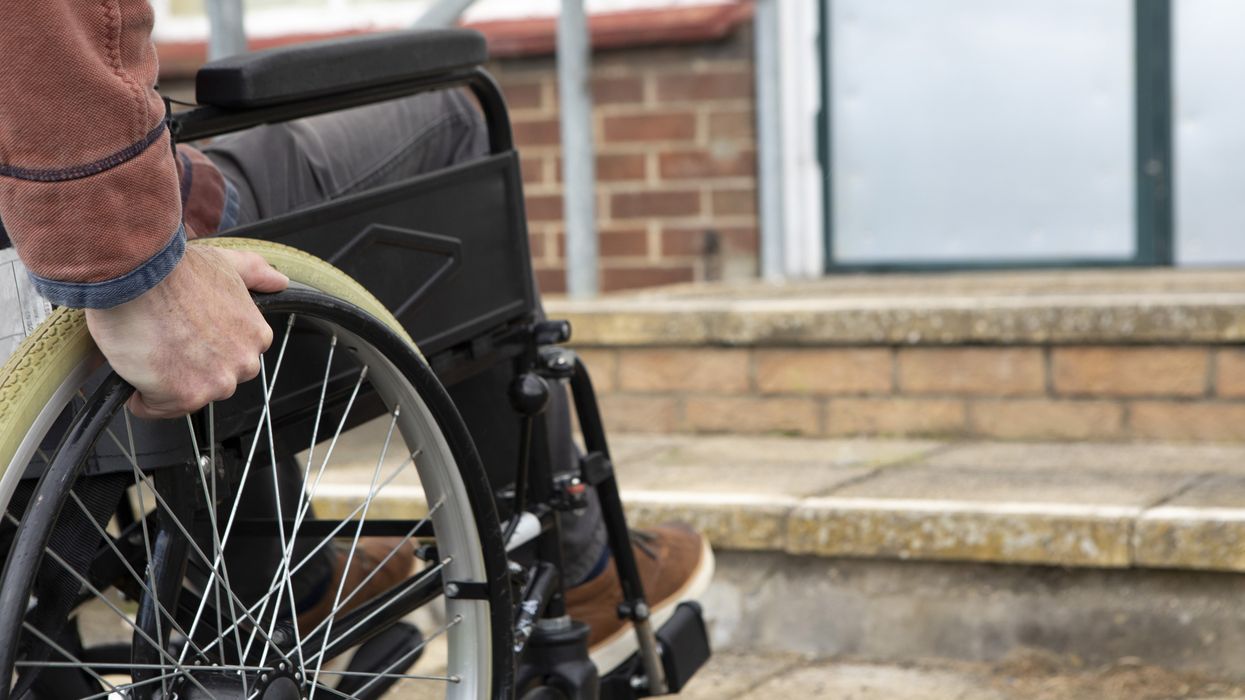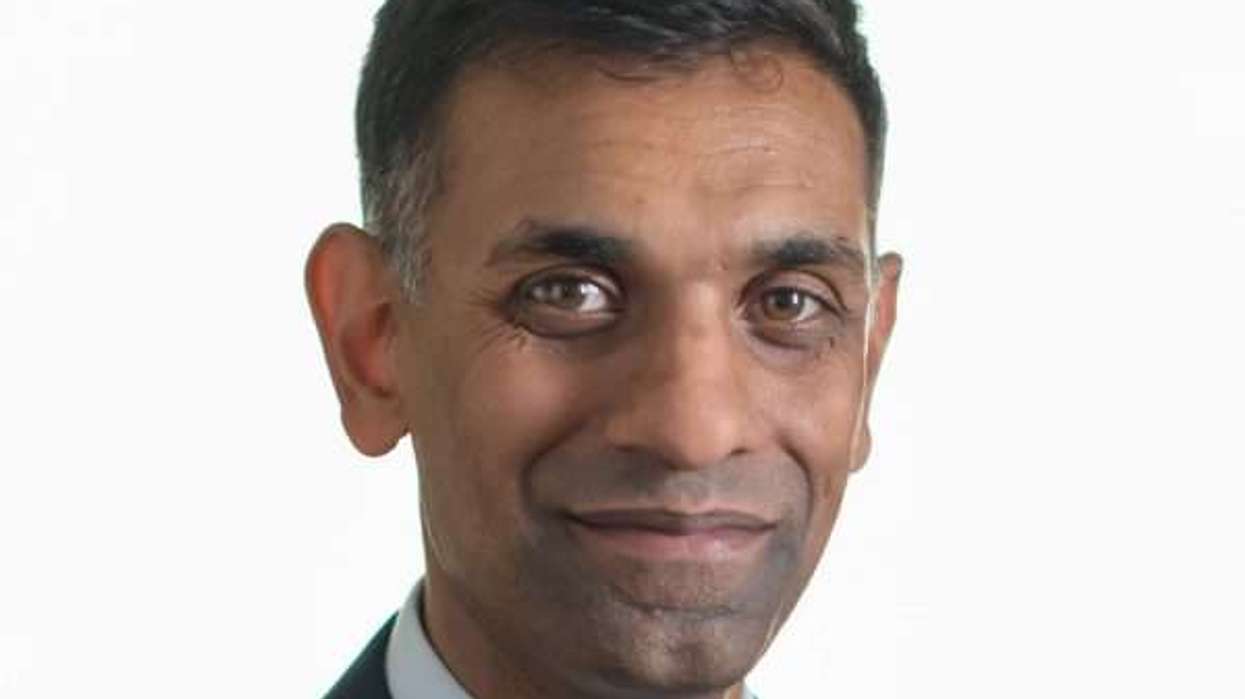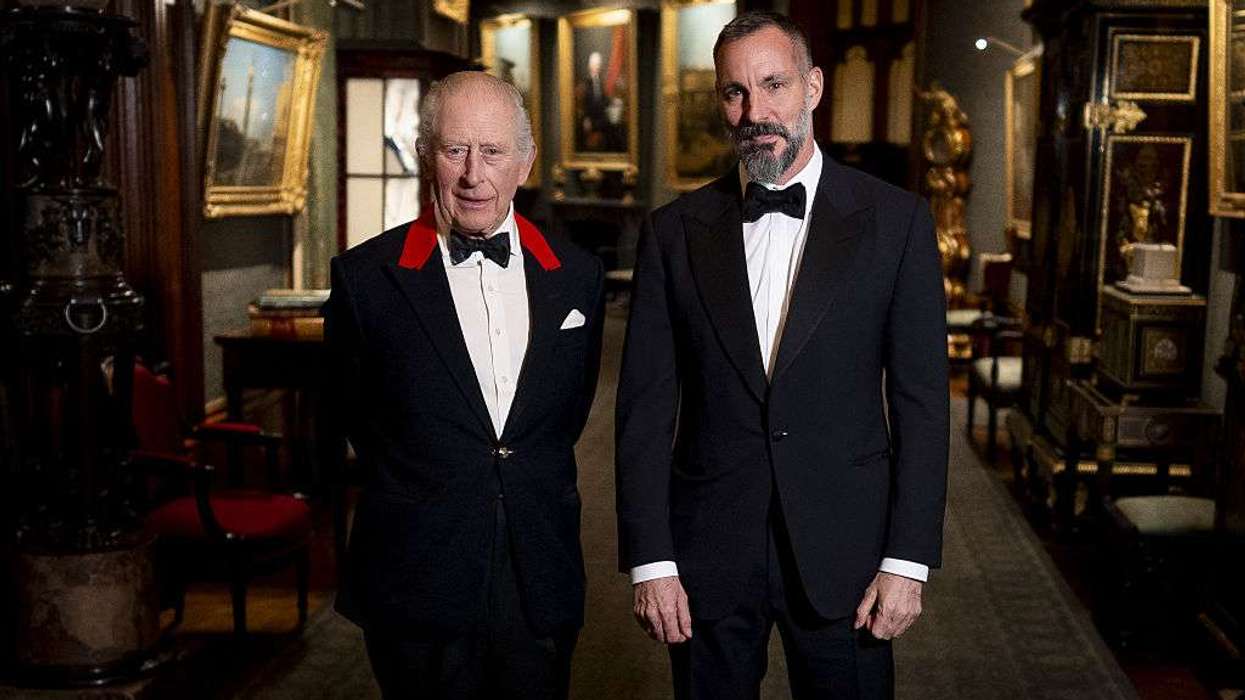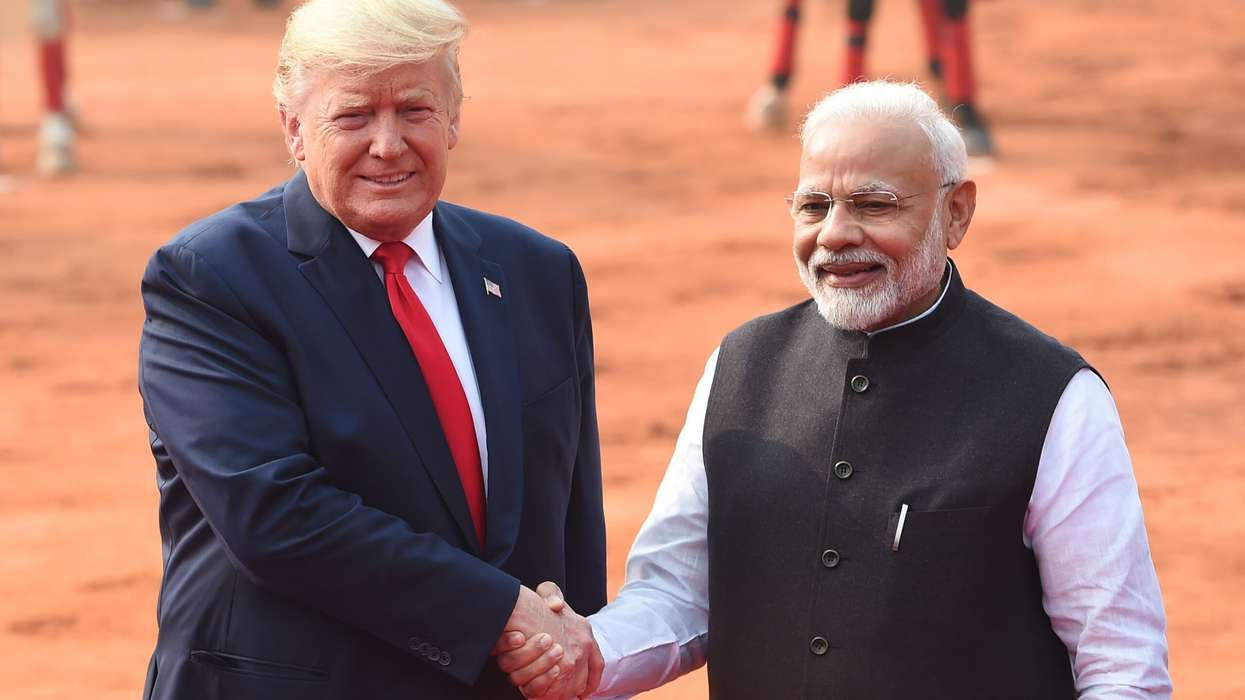MORE than 100 prominent disabled figures in the UK, including Liz Carr, Rosie Jones, Ruth Madeley and Cherylee Houston, have urged prime minister Keir Starmer to withdraw plans to cut disability benefits.
In an open letter addressed to Starmer ahead of a Commons vote expected next month, the signatories describe the proposed cuts to the personal independence payment (Pip) and the health component of universal credit as “inhumane” and a threat to “basic human rights”, The Guardian reported.
The letter states: “If these plans go ahead, 700,000 families already living in poverty will face further devastation. This is not reform; it is cruelty by policy.”
The letter warns the proposals would remove essential financial support from people who need it most, increase disability-related deaths, and place greater pressure on local councils and unpaid carers. “For us, Pip is not a benefit – it is access to life,” the letter reads.
According to The Guardian, the government’s green paper earlier this year proposed changes that could reduce Pip eligibility for up to 1 million people. Official figures also show 3.2 million could lose an average of £1,720 a year due to changes in the sickness-related component of universal credit.
The campaign, under the hashtag #TakingThePIP, will ask people to share their experiences and contact MPs. Actor Cherylee Houston, a co-organiser, said they “had to do something” and urged the government to listen.
A government spokesperson said the system needed rebalancing to target support to those who need it most, adding that other measures included increasing the national living wage and uprating benefits.





